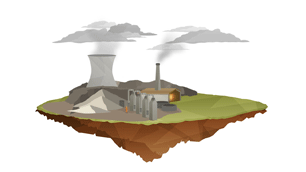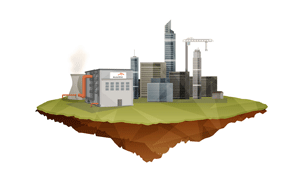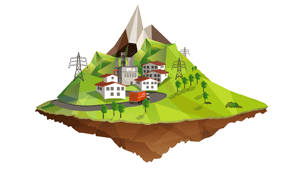Businesses not only contribute to society through the taxes they pay, but by creating employment, sustaining smaller suppliers and supporting local economies. We need to measure our contribution and make sure this is widely understood.
Why is this important to us?
Across the world, companies are under the spotlight for the impacts they have. Our stakeholders and communities want us to maintain our financial contribution – and also to play a wider social role locally, nationally and internationally. The UN’s 17 Sustainable Development Goals (SDGs) agreed by the global community are established as a way for stakeholders to frame these expectations. So it’s vital that we develop better measures of the real long-term value we create.
Our challenge

Our social licence to operate depends on the perceived value we deliver to our stakeholders: economic, social and environmental. Where people feel this isn’t positive enough, or where we simply don’t have the data, we can lose the trust of governments and communities. We have to be aware that this could cost our business – whether through changes in policy or taxation, or in disruptions to our everyday operations. Unless we have a well-founded reputation, we risk losing customers and employees.
Our action

We need to be able to measure the different types of value we create accurately, make this information open to scrutiny, and communicate it meaningfully. We need to consider not only salaries and dividends, tax contributions and payments to suppliers, but the skills training we provide, the investments we make in local infrastructure and to prevent pollution, the impact we have on the sustainability of other industries, and the value our products bring to both consumers and society at large.
Our potential to create value

We already make a significant contribution to society, but we need to demonstrate this more widely. This will help build trust in our communities and among our investors – and our employees will be proud to say they work for us. It will also help to prevent disruptions. As our local operations take responsibility for measuring and valuing their own impact, they’ll make better decisions and shape more resilient business strategies. We will become a partner of choice for governments and an employer of choice for the talent of the future.
